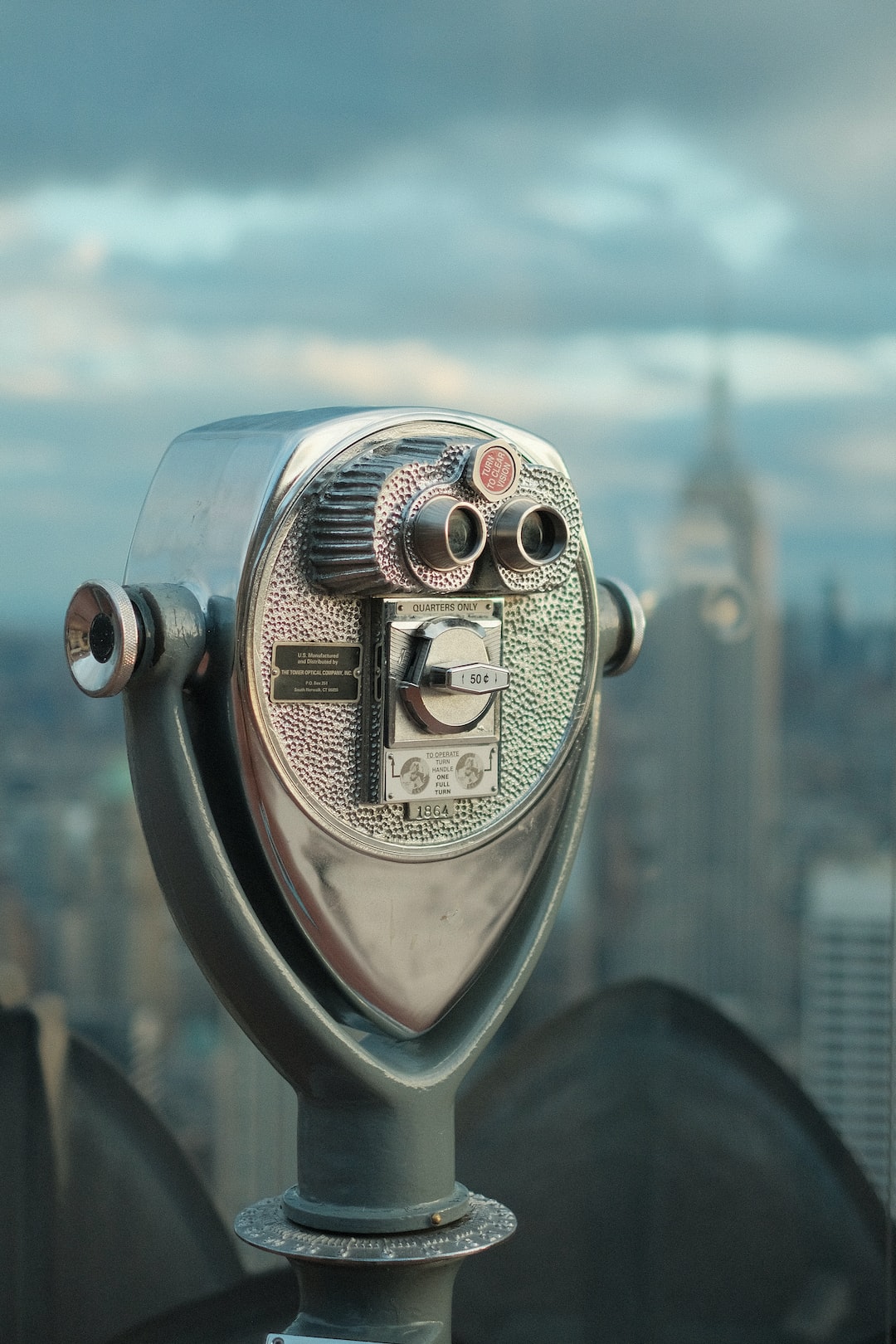Movie Trilogies That Didn’t Need a Third Installment
In the realm of cinema, trilogies have become a popular trend. Audiences eagerly anticipate the release of the second installment after being captivated by the first film. However, there are instances where the third installment seems unnecessary, as if it was just an afterthought to cash in on the success of its predecessors. In this blog post, we will explore some movie trilogies that didn’t quite hit the mark with their third and final installment.
1. The Matrix Trilogy
The Matrix, released in 1999, left audiences in awe with its groundbreaking visuals and mind-bending storyline. The sequel, The Matrix Reloaded, carried on the franchise’s momentum, albeit with some mixed reviews. However, when The Matrix Revolutions hit the theaters, it failed to live up to the expectations set by its predecessors. The plot became convoluted, and the action sequences didn’t have the same impact. It seemed that the story and characters had run their course by the time the third film came around.
2. The Hangover Trilogy
The Hangover, released in 2009, became an instant comedy classic. It had audiences laughing out loud with its outrageous story of a bachelor party gone wrong. The Hangover Part II followed the same formula, perhaps too closely, and despite being entertaining, it lacked the freshness of the first film. The Hangover Part III shifted gears, focusing more on a crime storyline rather than the raunchy and hilarious adventures that made the first film a hit. This change in direction left fans disappointed, as it didn’t capture the same comedic magic that made the initial installment a success.
3. The Godfather Trilogy
The Godfather is widely regarded as one of the greatest films of all time, and its sequel is often considered superior to the original. However, The Godfather Part III fell short of its predecessors’ brilliance. The absence of key characters and a convoluted plot hindered the final film’s impact. It felt like an unnecessary addition to a saga that had already reached its pinnacle with the first two films. Despite some redeeming qualities, such as Al Pacino’s performance, The Godfather Part III didn’t add much value to the overall narrative.
4. The Hobbit Trilogy
The Hobbit: An Unexpected Journey was highly anticipated, as it marked the return of director Peter Jackson to Middle-earth after his successful adaptation of The Lord of The Rings trilogy. However, when it was announced that The Hobbit would be split into three films, fans became skeptical. The decision seemed driven more by commercial motives rather than storytelling purposes. While all three films had their moments, the excessive padding and unnecessary subplots diluted the impact of the original novel’s concise and focused narrative.
5. The Pirates of the Caribbean Trilogy
The first Pirates of the Caribbean film, The Curse of the Black Pearl, was a swashbuckling adventure that won audiences over with its charismatic characters and thrilling storyline. However, the two sequels, Dead Man’s Chest and At World’s End, became increasingly convoluted and weighed down by overly complex plotlines. The charm and simplicity of the original film were lost as the franchise stretched itself thin. Ultimately, the third installment felt like a convoluted mess that could have been avoided, leaving the original film’s legacy to shine on its own.
In conclusion, while trilogies often provide an engaging and cohesive narrative, there are instances where the third installment fails to add value to the franchise. The Matrix Revolutions, The Hangover Part III, The Godfather Part III, The Hobbit Trilogy, and the Pirates of the Caribbean Trilogy all suffered from diminishing returns and ultimately proved unnecessary. Sometimes, it’s better to leave a story where it had reached its peak, rather than dragging it along for another installment.

